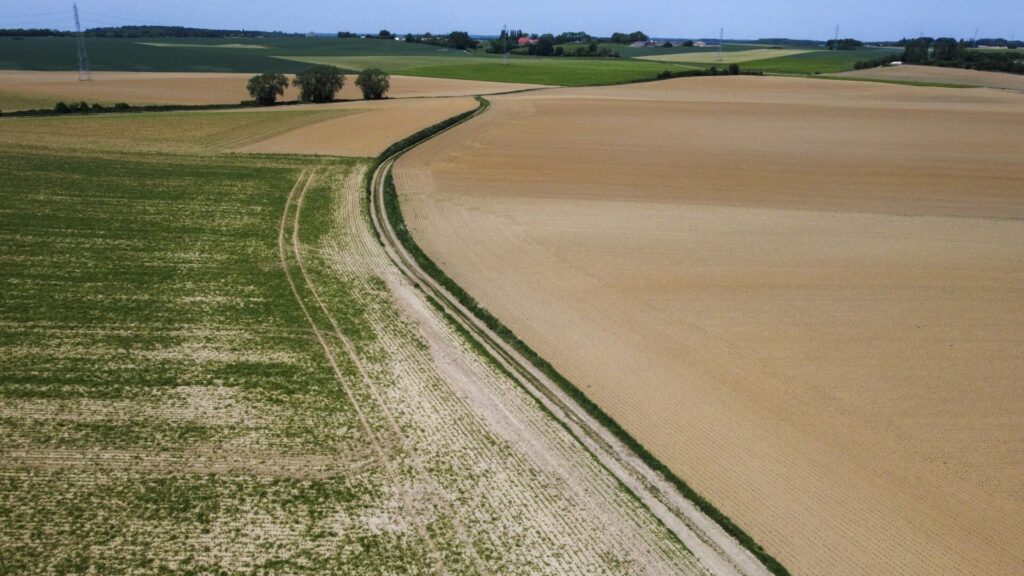A report by the Royal Meteorological Institute of Belgium on this summer's drought in Wallonia, confirmed that July and August were the driest months in over 20 years.
In parliament, Wallonia's Agriculture Minister Willy Borsus communicate the report's finding and stated that "the drought of July and August 2022 is of an exceptional nature," as the region had not been as dry in over 20 years.
However, it can not yet be defined as an agricultural disaster, which would result in the released of the agricultural disaster fund depending on criteria relating to 30% of damage caused by said disaster.
"It is only after we have received receipt of all the findings that we will be able to calculate the cost of damages, which will not be possible until the end of the year," Borsus warned.
That being said, the drought is likely to be felt for the remainder of the year, according to the Drought Expertise Unit of the Public Service of Wallonia (SPW). Thus, they're calling on individual and collective efforts and measures to be taken in the medium and long term.
The extreme surface drought already present in the south of the territory will spread to all the Walloon provinces, it warns, even if significant precipitation occurs in the coming weeks.
Related News
Among the other main findings, it appears that the situation will become problematic for ecosystems in non-navigable rivers, with most already completely dry.
The SPW recalls, in this regard, that the construction of small dams that fluctuate the flows of watercourses and disturb aquatic fauna will remain strictly prohibited and that surface water withdrawals are subject to authorisation.
Public water distribution, on the other hand, is generally not a problem at the regional level. However, the situation in southern parts of the region is much more complicated, especially since tourist consumption have been on the up.
19 municipalities have already been forced to reduce the consumption of drinking water, while 15 others are under special surveillance.
Finally, it should be noted that the risk of fire remains high, with the Department of Nature and Forests (DNF) maintaining their preventive actions.

